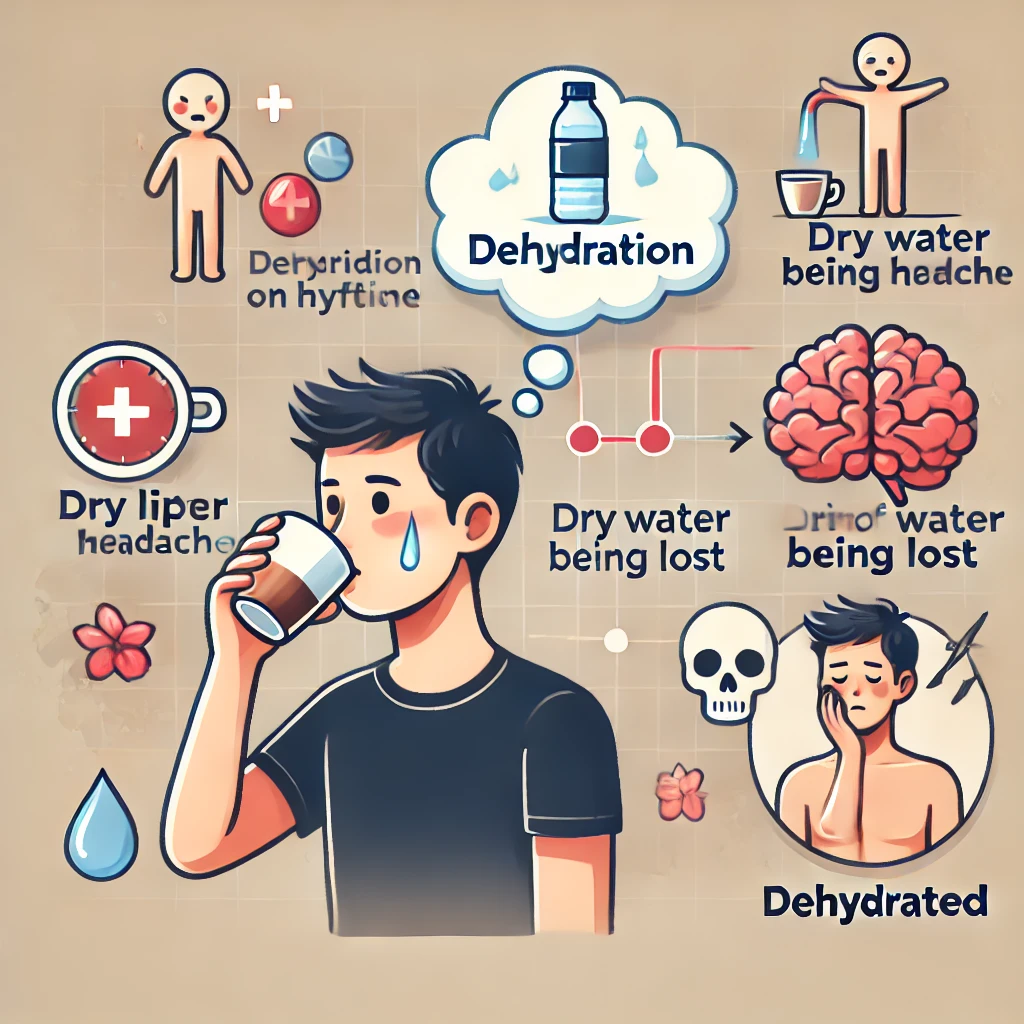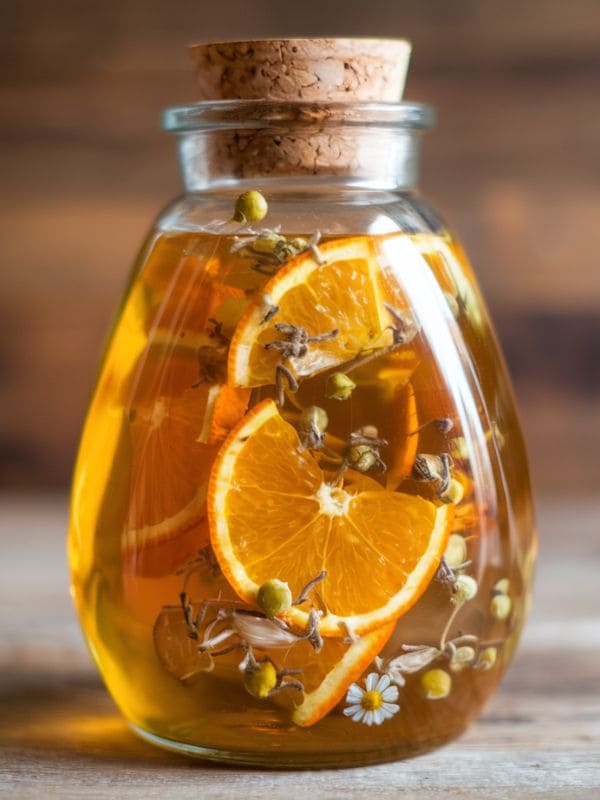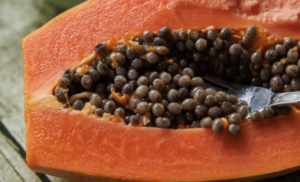Caffeine and Hydration: What You Need to Know
Caffeine is one of the most commonly consumed substances worldwide, found in coffee, tea, energy drinks, and sodas. But how does caffeine affect your hydration? While caffeine is known to have a diuretic effect meaning it increases urine production the relationship between caffeine and hydration isn’t as straightforward as it might seem. In this post, we’ll explore the effects of caffeine on hydration and whether it should be a concern for your daily fluid intake.
How Does Caffeine Affect Hydration?
Caffeine is a mild diuretic, which means it can increase urine output and lead to fluid loss. This has led many people to believe that caffeinated drinks can dehydrate you. However, research suggests that moderate caffeine consumption doesn’t significantly contribute to dehydration for most people. The body quickly adapts to caffeine, and the diuretic effect diminishes with regular consumption.
The Myth of Caffeine and Dehydration
While caffeine does increase urine output, the fluid you consume from caffeinated beverages still contributes to your overall hydration. For example, if you drink an 8-ounce cup of coffee, it still contains water, which will hydrate you, despite the mild diuretic effect of caffeine. It’s only when caffeine is consumed in excessive amounts that the diuretic effect becomes a concern.
Moderation is Key
For most people, moderate caffeine consumption about 200-400 milligrams a day, or around 1-3 cups of coffee does not significantly impact hydration. However, it’s important to balance caffeinated beverages with water intake to ensure you’re meeting your hydration needs.
Caffeine and Exercise
When it comes to exercise, caffeine may actually offer some benefits. Studies suggest that caffeine can enhance performance by increasing alertness and improving endurance. However, if you’re consuming large amounts of caffeinated drinks during exercise, you may need to offset the diuretic effect with additional water or electrolyte solutions.
Tips for Staying Hydrated with Caffeine
Drink water alongside caffeinated beverages: Balance your caffeine intake with water to ensure you’re staying hydrated throughout the day.
Limit high-caffeine drinks: If you’re consuming multiple energy drinks or large cups of coffee, consider cutting back to avoid dehydration.
Opt for caffeine-free beverages: If hydration is your primary goal, choose herbal teas or water as your main drink.
In conclusion, while caffeine can have a mild diuretic effect, it does not significantly dehydrate most people when consumed in moderation. The key is balancing caffeine with adequate water intake to stay properly hydrated.
Share this content:











